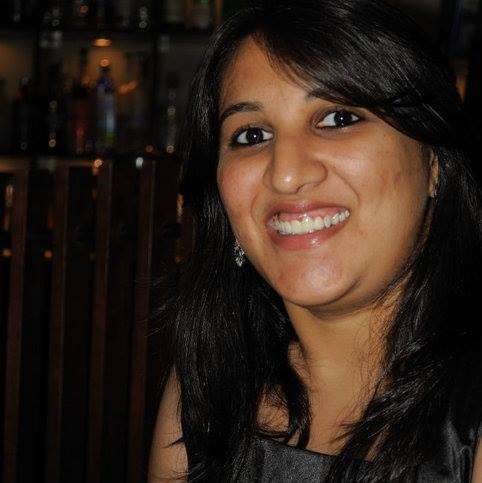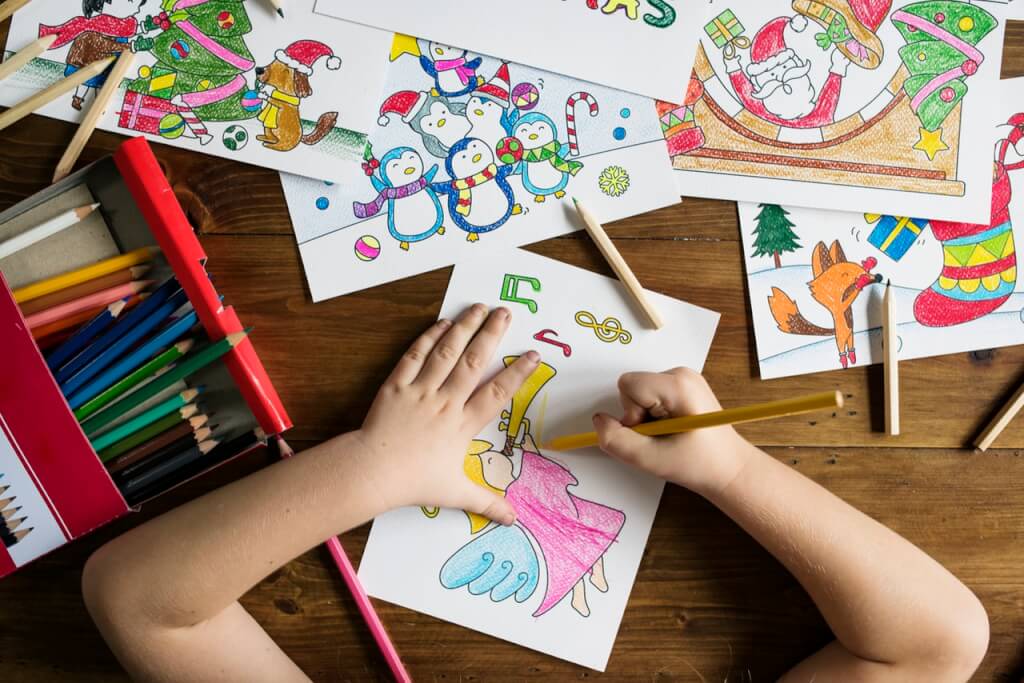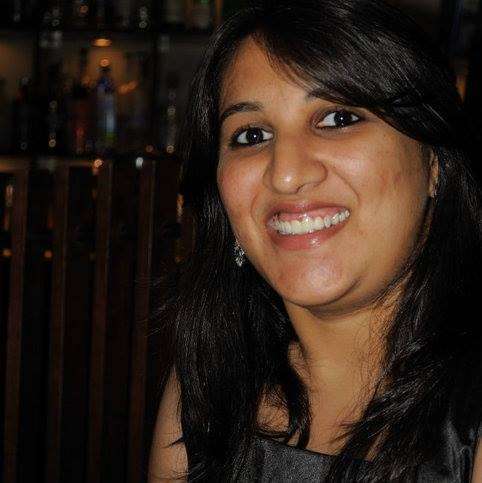Fine Motor Skills Developmental Stages and Checklist

As mentioned in my previous article on essentials of fine motor skill development, fine motor skill efficiency significantly influences the quality of the task outcome as well as the speed of task performance. Efficient fine motor skills require a number of independent skills to occur simultaneously to appropriately manipulate the object or perform the task.
In this article, let us look at the fine motor skills development checklist that needs to be developed at every stage of childhood.
0-3 months

- Uncontrolled & random arm movements
- Eyes can follow the object to the right & left side, middle & in a circular motion
- At birth there is reflexive grasp, then voluntary grasp at 3 months.
- They begin to notice their own hands moving & can bring hands to the mouth
3-6 months
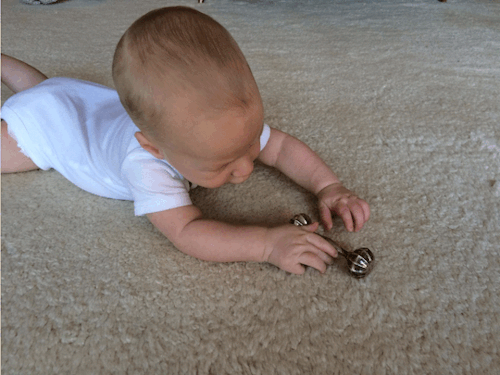
- Reaches his or her favourite toy
- Holds the object in his hands
- Waves when they see someone they know
- Looks towards familiar voices
6-12 months
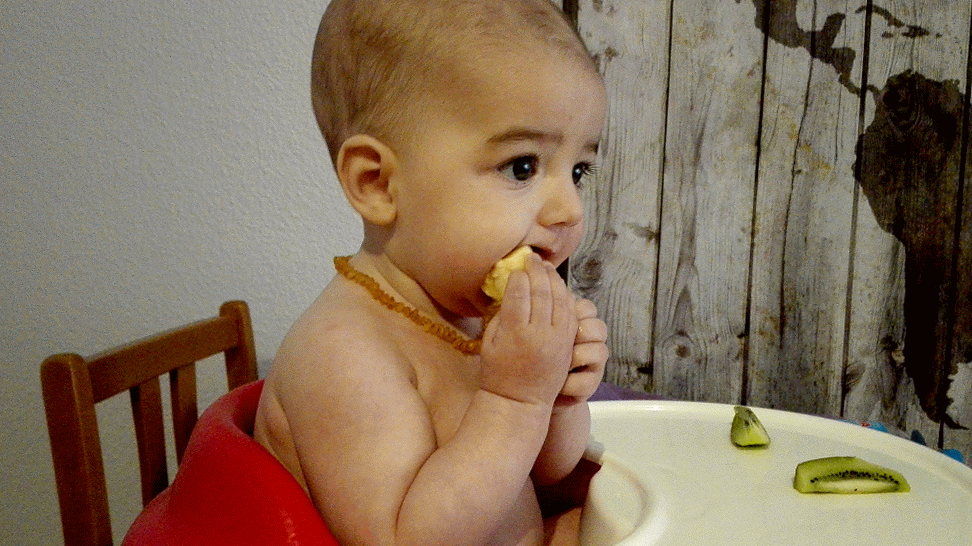
- Takes object to his or her mouth
- Squeezes objects
- Moves object from one hand to other
- Bangs 2 objects together
- Plays with stacking & pull along toys
12-24 months
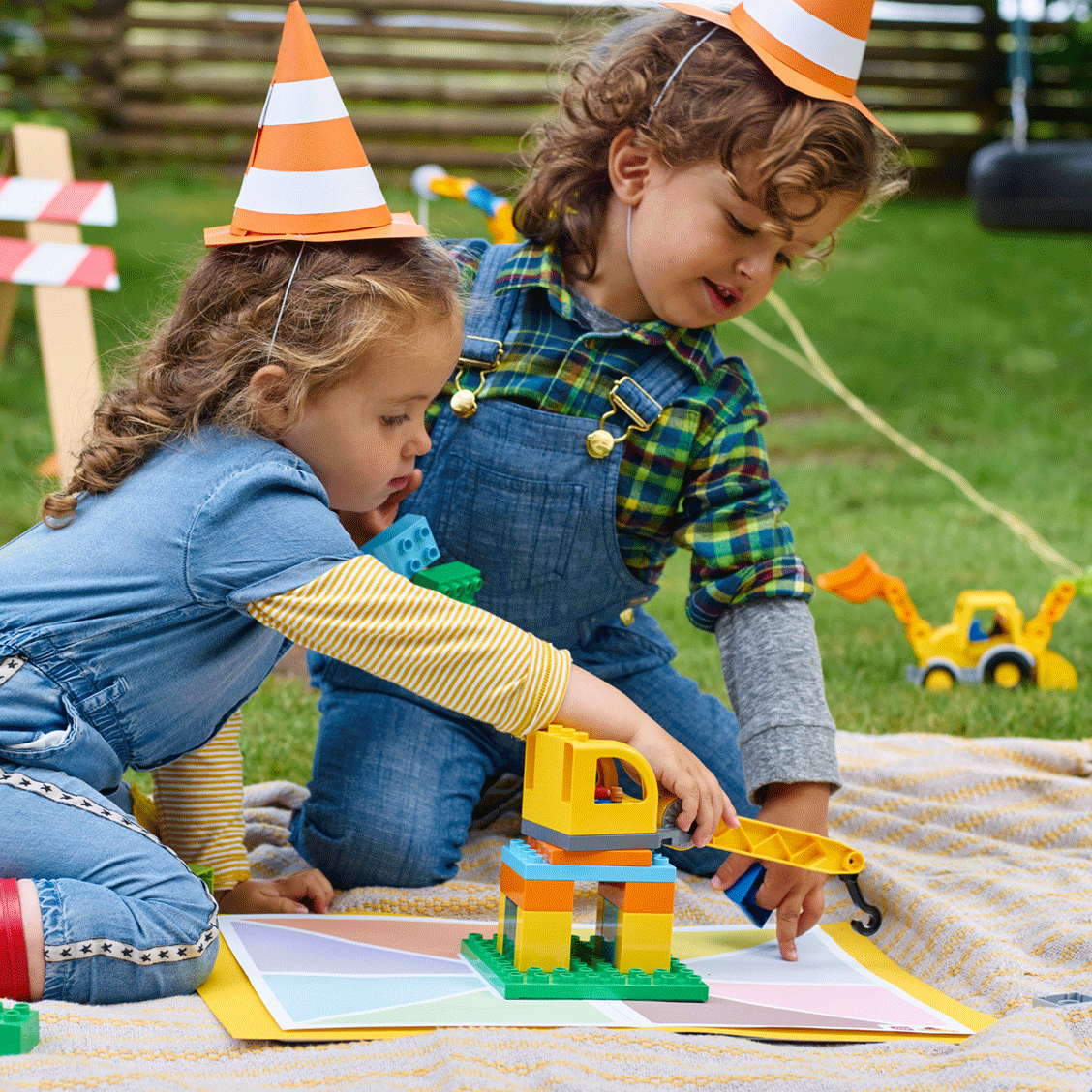
- Play with building blocks.
- Play with pegboards
- Turn pages while reading a book
- Hold thick crayon and scribble
- Throw a small ball
- Paint with whole arm movement, shifting hands, making strokes
- Help with simple household tasks.
24-36 months
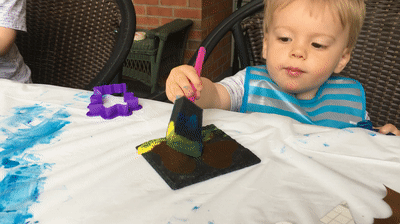
- String large beads
- Hold crayons with thumb and finger (not fist)
- Use one hand consistently in most activities
- Join dots or lines in horizontal, vertical, diagonal and circular manner.
- Paint with some wrist action. Make dots, lines, and circular strokes
- Roll, pound, squeeze and pull the clay
- Manage large buttons
After understanding the fine motor skills developmental milestones, here are the signs which will help you understand if there is a delay
- Unable to hold/grasp onto an object
- Difficulty in performing tasks that require eye-hand coordination
- Not interested in table activities like colouring, drawing, writing
- Movements seem shaky or stiff
- Poor development of self-care skills
- Delayed independent play skills
If you observe any of the above signs in your child, kindly consult your child’s doctor.
Also Read: Fine Motor Skills Development in Kids | The Essential Bases
